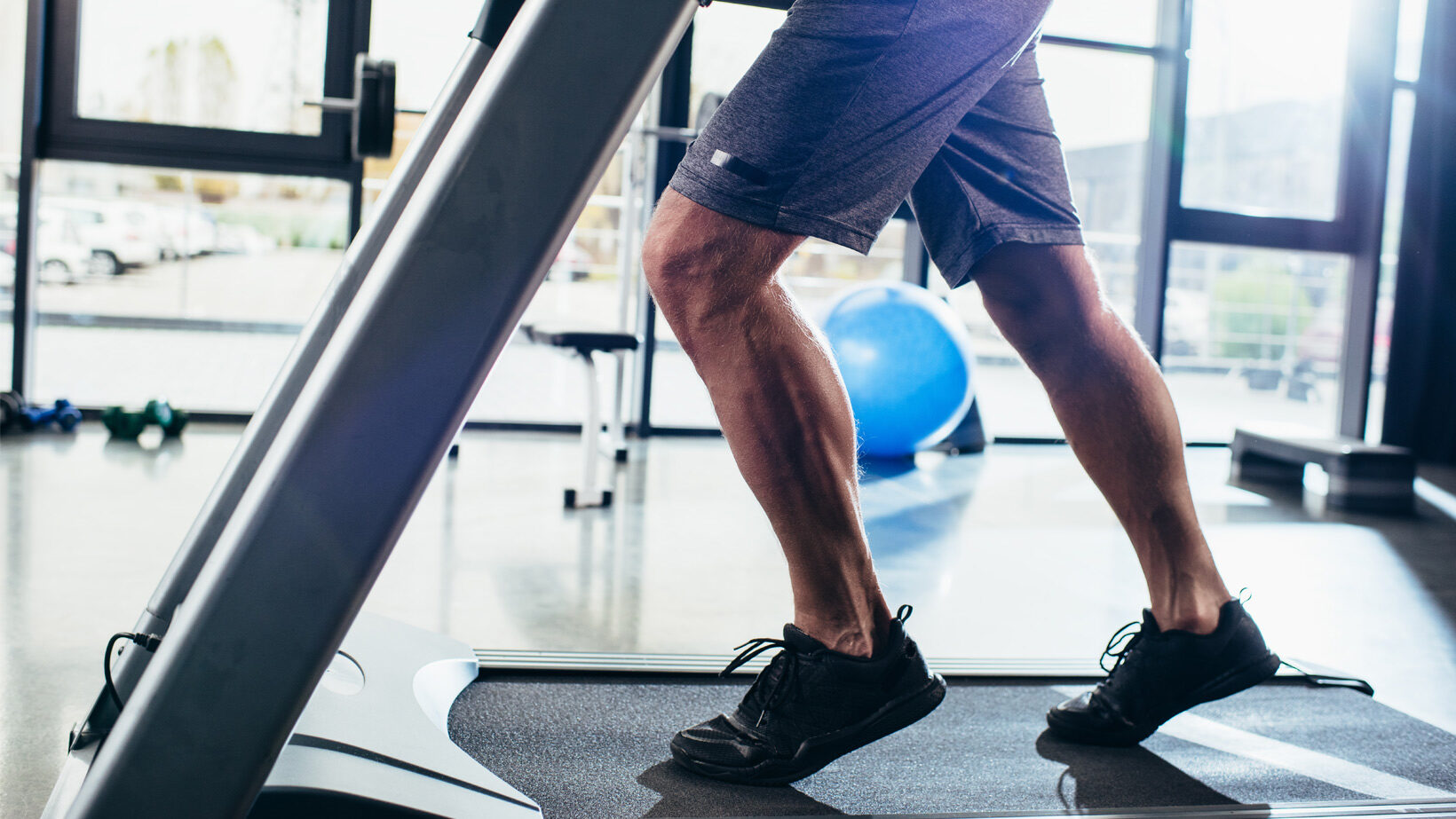A good cardio workout regime may help you lose weight and tone your body. But like everything else, too much of it can actually be harmful. When you step inside any fitness center or gym, most likely you will see more cardio equipment than free weights. In fact, what’s the first thing you will most likely see at the front of any gym? Cardio equipment. It’s easy to see why most people who want to lose weight immediately make the connection as to cardio being the key to weight loss and health. It doesn’t help that most weight loss articles whether on social media or print push cardiovascular as the key to weight loss and health. Don’t misunderstand, there are vast reasons why you should include cardiovascular into your workout regiment, cardio is beneficial as it raises your heart rate which in turn raises the amount of oxygen in the blood. It also increases endorphin that acts as a natural painkiller, it may even strengthen the immune system, helps to pump your blood more efficiently and increases stamina. But like anything, too much of something may have negative effects.
Let’s first talk about how much is too much. If you are doing more than an hour daily of pure cardiovascular work and still don’t see any loss of weight, start feeling tired, having trouble sleeping, lethargic, or feeling aching joints it might be time to reduce that amount of cardiovascular work. Your body desperately holds onto fat as it is, it’s the way it has evolved. Yet too much cardio can burn your muscles that you’ve been working on. This can impact your metabolism and burning fat becomes more difficult. The reason why we want to preserve the most amount of muscle is that it improves our lean body composition which in turn allows us to burn more calories as it is daily. Muscle is a very expendable tissue in the body and extended bouts of cardio may tap into muscle for energy, not body fat as many think. One supplement that may combat this process is a good amino acid product like EAA+ Hydration as the amino acids shield this process of muscle consumption. However, this doesn’t mean that you are completely off the hook.

Whenever you exercise, you burn both fat and muscle. But the amount of muscle you burn is minimal. Doing cardio in excess can increase the risk of more muscle burn. This happens as the body struggles to keep up with the increased level of energy. It weakens your metabolism and hampers the process of weight loss. How does this happen? Excess bouts of any exercise increases your cortisol levels (stress hormone). A weakened immune system is also a side effect of countless hours of cardio. Excess cortisol release, which not only contributes to catabolism (catabolic state is the one in which your tissue breaks down) but also chronic disease. When cortisol is high, your blood sugar and blood pressure go up, you store more calories as fat- especially around your abdomen. This also suppresses your immune system. This hormone is not a bad thing in small doses, however, when it is consistently released, it can sabotage your health as the hormone tells your brain to store more fat than needed and hinders your body’s ability to process sugars. This results in weight gain.


If you are looking to stay healthy, implementing a weekly cardiovascular regimen is highly recommended. Start slowly and increase over time the total amount you implement, but as previously stated, more than an hour daily is going to slowly start becoming excessive. Cardio exercises your heart, improves circulation, blood flow, and nutrient supply. It also improves carbohydrate intolerance and reduces insulin resistance. It’s going to improve your quality of health and performance, however, too much of a good thing can also be detrimental. Combining your cardio routine with a strength training program will be more beneficial than cardio alone. It all comes down to balance and finding the workout combination that works for you.








